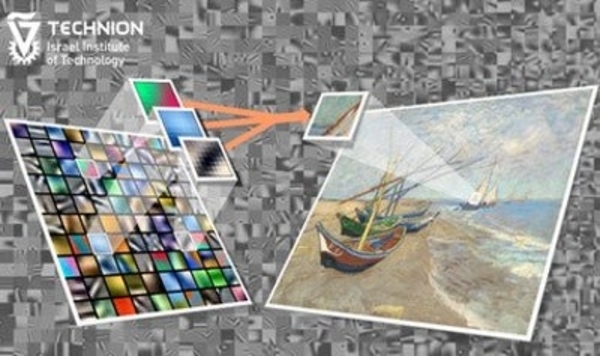Price:
4581 EUR
Contact
Technion - Israel Institute of Technology
Description
This course is a follow-up to the first introductory course of sparse representations. Whereas the first course puts emphasis on the theory and algorithms in this field, this course shows how these apply to actual signal and image processing needs.
Models play a central role in practically every task in signal and image processing. Sparse representation theory puts forward an emerging, highly effective, and universal such model. Its core idea is the description of the data as a linear combination of few building blocks - atoms - taken from a pre-defined dictionary of such fundamental elements.
In this course, you will learn how to use sparse representations in series of image processing tasks. We will cover applications such as denoising, deblurring, inpainting, image separation, compression, super-resolution, and more. A key feature in migrating from the theoretical model to its practical deployment is the adaptation of the dictionary to the signal. This topic, known as "dictionary learning" will be presented, along with ways to use the trained dictionaries in the above mentioned applications.
Specific details
Category of Education
Computer Sciense and IT
